Discover TED Talks Education
TED Talks Education

TED Talks Education
Author: TED
Subscribed: 109,151Played: 710,695Subscribe
Share
© TED Conferences LLC
Description
What should future schools look like? How do brains learn? Some of the world's greatest educators, researchers, and community leaders share their stories and visions onstage at the TED conference, TEDx events and partner events around the world. You can also download these and many other videos free on TED.com, with an interactive English transcript and subtitles in up to 80 languages. TED is a nonprofit devoted to Ideas Worth Spreading.
136 Episodes
Reverse
In all the conversations about improving education for children, the voices of students, teachers and community members are often left out. Educational designer Punya Mishra offers a method to shift that paradigm, taking us through new thinking on the root of success (and failure) at school -- and how a totally new, different kind of educational system could better meet students' needs.
As if college applications aren't stressful enough, disadvantaged youth are often encouraged to write about their darkest traumas in their admissions essays, creating a marketable story of resilience that turns "pain into progress," says politics student Tina Yong. She brings this harrowing norm to light, exploring its harms and offering a more equitable process for colleges everywhere.
Video games naturally tap into the way we learn: they focus our attention and track our progress as we head toward a clear goal. Kris Alexander, a professor of video game design and passionate gamer himself, thinks the same elements should be used in traditional education to cater to different learning styles and engage students across the world, both in-person and online.
Educator Sharif El-Mekki advocates for the revival of the Black teaching tradition — a set of educational practices grounded in philosophies, values and actions that stretch from pre-colonial Africa to historical African American leaders. He posits that this tradition can help teachers better serve Black students and create a more equitable learning environment for all.
Names like Bayard Rustin, Frances Thompson and William Dorsey Swann have been largely erased from US history, but they and other Black queer leaders played central roles in monumental movements like emancipation, civil rights and LGBTQ+ pride, among others. In this tribute to forgotten icons, queer culture historian and TED Fellow Channing Gerard Joseph shares their little-known stories, connecting the origins of drag in the 1880s to the present day and exploring the awesome power to choose how we define ourselves.
Going to school in a refugee camp can be complicated: students encounter crowded classrooms, rigid curricula and limited access to teachers. Joel Baraka, who grew up in the Kyangwali refugee camp in Uganda, is determined to change that for the better. He shows how educational board games can be a fun and effective way to improve access to learning and help kids thrive in and out of school.
A little bit of playtime can have big benefits for a child's developing brain, like a superfood -- but adult participation is a crucial ingredient for best results. Early-education leader Jesse Ilhardt makes the case for you to put down the phone, pick up the make-believe tea cup (or that blanket-superhero cape) and take the time to experiment with imagination during kids' most formative learning years.
"When teachers and families work together, everyone wins," says education technology entrepreneur and TED Fellow Heejae Lim. She shines a light on an underutilized resource in US public education -- a family's love for their children -- and shows that, with the right tools and tech, schools can remove language barriers, foster meaningful connections and help every student thrive.
Forget home economics and standardized tests, education visionary Trish Millines Dziko has a much more engaging and fulfilling way for students to develop real-world skills. Get schooled by Dziko as she shares how project-based learning can transform public education and unlock genius for the next generation of critical thinkers, problem solvers, ideators and leaders.
Black history in the US is rich, profound -- and at risk of being lost forever, if not for the monumental efforts of Julieanna L. Richardson. As the founder of The HistoryMakers -- the largest national archive of African American video-oral history -- Richardson shares some of the unknown and incredible legacies of Black America, highlighting the importance of documenting and preserving the past for future generations.
Even with public trust at an all-time low, Wikipedia continues to maintain people's confidence. How do they do it? Former CEO of Wikimedia Foundation Katherine Maher delves into the transparent, adaptable and community-building ways the online encyclopedia brings free and reliable information to the public -- while also accounting for bias and difference of opinion. "The seeds of our disagreement can actually become the roots of our common purpose," she says.
There are 600 million women in India -- yet they are rarely seen outdoors after sunset because of safety concerns like harassment and catcalls. On a mission to create safer public spaces, women's rights advocate Srishti Bakshi talks about how she embarked on a 2,300-mile walk across the length of India (a distance equivalent to traveling from New York City to Los Angeles), conducting driving workshops to empower women's mobility across the country. "The more women see other women in public spaces, the more safe, independent and empowered each of us will be," Bakshi says.
The Russian invasion of Ukraine has destroyed so much -- including hundreds of schools, where the country's children were forging their futures -- but it has not stopped Ukrainians from pursuing knowledge and curiosity. In a deeply moving talk, education leader Zoya Lytvyn shares her first-hand experience evacuating Kyiv and takes us inside the ongoing effort to continue educating children amid war and destruction. "As long as our children keep learning and our teachers keep teaching -- even while they are starving in shelters under bombardment, even in refugee camps -- we are undefeated," she says.
The wildly diverse, thoughtful and hilarious world of fanfiction -- where writers reimagine favorite stories like "Harry Potter," "Pokémon," "My Little Pony" and more -- is ever-growing and becoming a vital social and learning tool. Author, professor and fanfiction writer Cecilia Aragon has observed how this incredible outlet for creativity encourages and empowers young people to embrace their imagination. Detailing her research into the vast online fanfiction community, Aragon shares its potential to foster a sense of belonging, strengthen writing skills and shape the future of literature.
For children growing up in refugee camps, education is a powerful tool of liberation. In this inspiring talk, Makhtoum Abdalla, displaced as a child in Sudan and now living with his family in the Otash camp in Darfur, shares his biggest dream: to ensure all children are educated and taught the skills needed to become "captains of their destiny."
Less than seven percent of people worldwide have a bachelor's degree -- and for many, this is simply because the cost of university is too high, says higher education executive Adrian K. Haugabrook. In this barrier-breaking talk, he introduces an innovative approach to expanding access to higher education by driving down costs and rethinking three key things: time, place and how we learn.
In this deeply moving talk, educator Shabana Basij-Rasikh shares the harrowing story of evacuating more than 250 students, staff and family members from the School of Leadership, Afghanistan (SOLA) -- the country's first and only all-girls boarding school -- to Rwanda after the Taliban took power in 2021. An exceptional story of hope, resilience and dreaming big for future generations of Afghan girls -- and a challenge for the world to not look away.
TED Fellow and education innovator Larry Irvin envisions a world where every child can see themselves reflected in their teachers. With his team at Brothers Empowered to Teach, Irvin is providing pathways to careers in education for Black men, who currently make up less than three percent of all teachers in the US -- offering training, personal and professional development and job placement. He shares how their holistic, people-centered approach is changing education.
Childcare needs a transformation -- but rather than investing billions in new buildings and schools, what if we could unlock the potential of people already nearby? Entrepreneur Chris Bennett offers an innovative way to tackle the shortage of childcare worldwide and connect families to safe, affordable and high-quality options in their own communities.
Karim Abouelnaga is a TED Fellow and founder and CEO of Practice Makes Perfect, a summer school opportunity that helps narrow the education gap for low-income children. Through his work, Karim shows how small business owners can have a big impact.




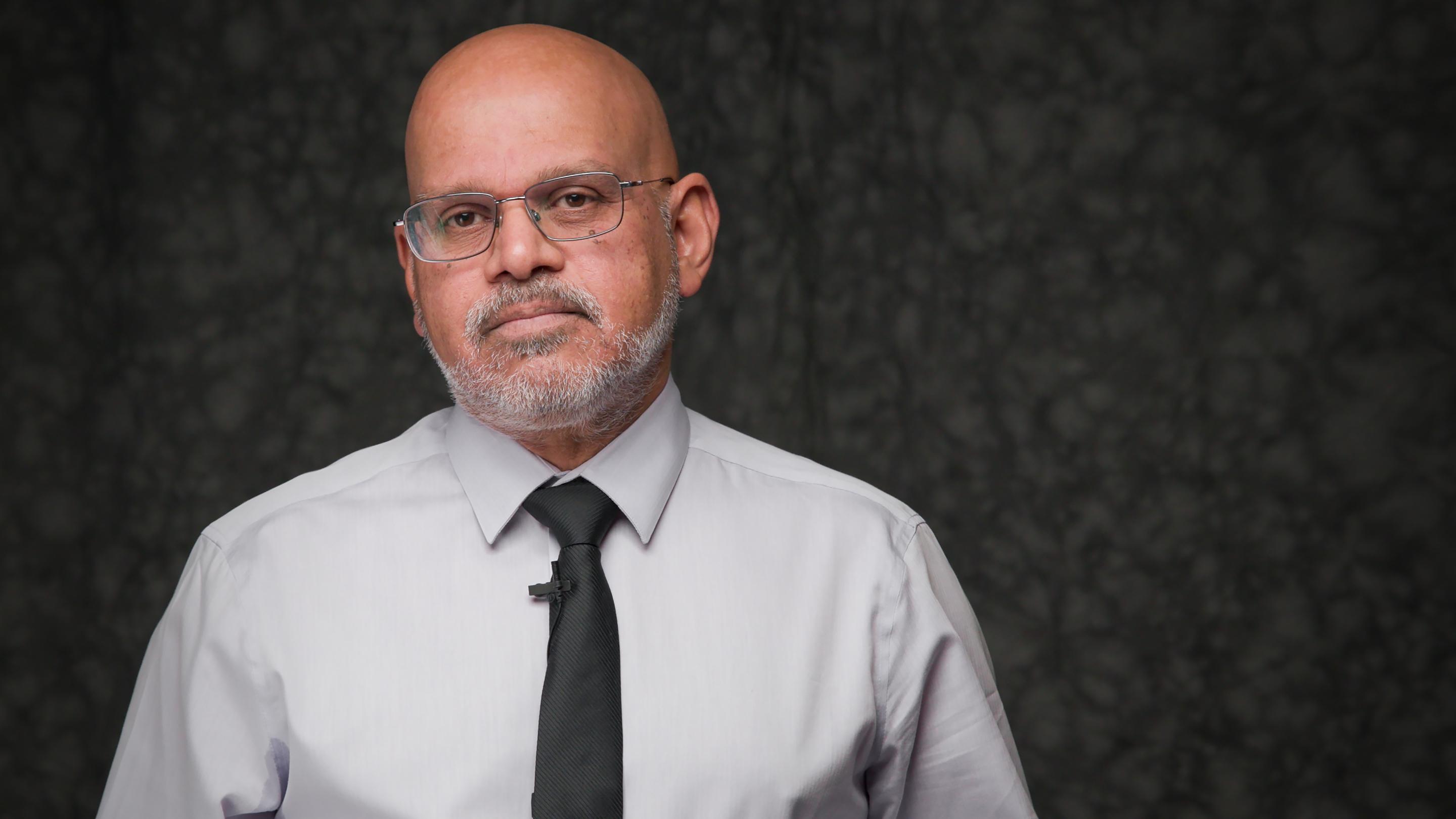
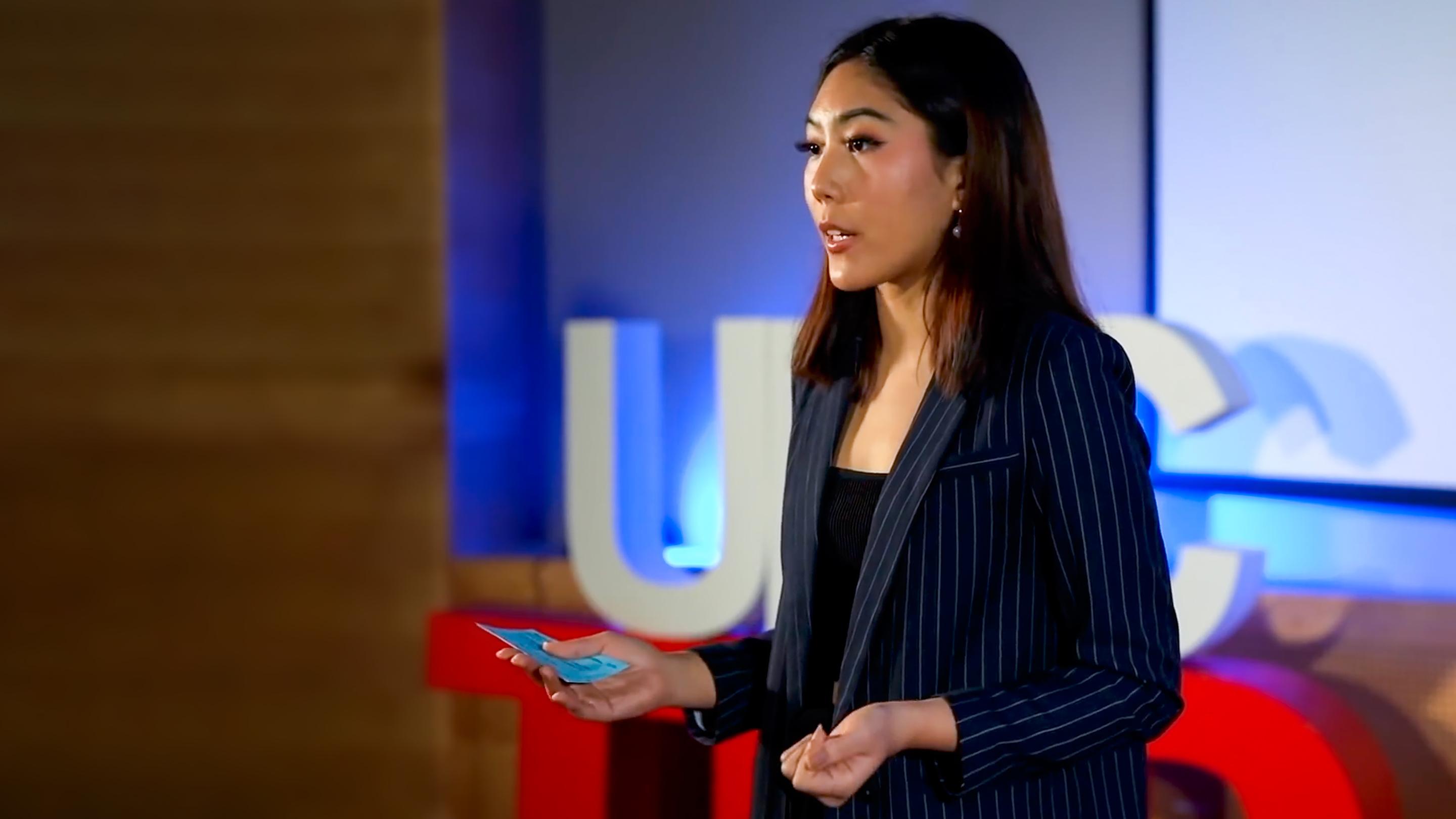






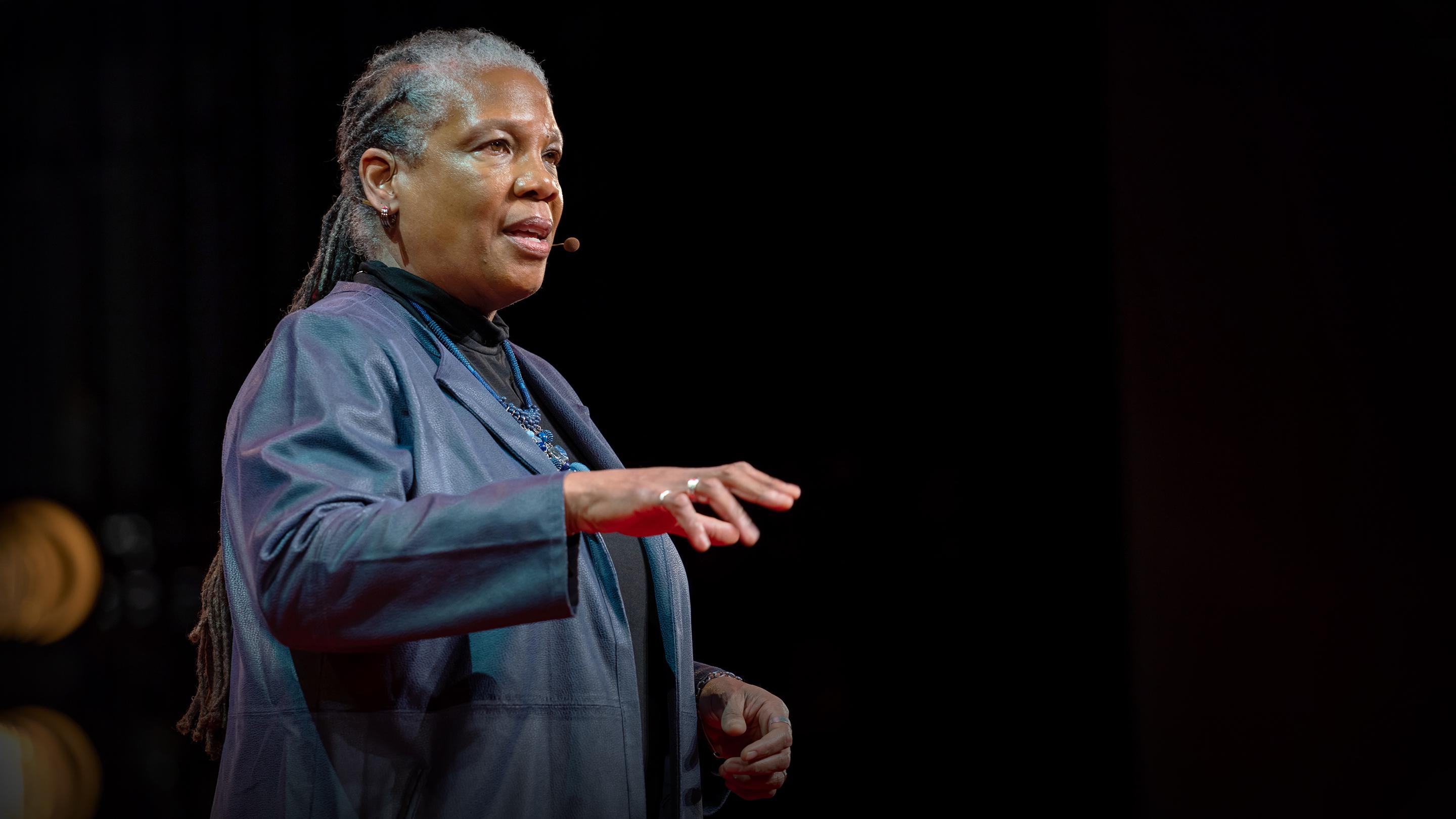
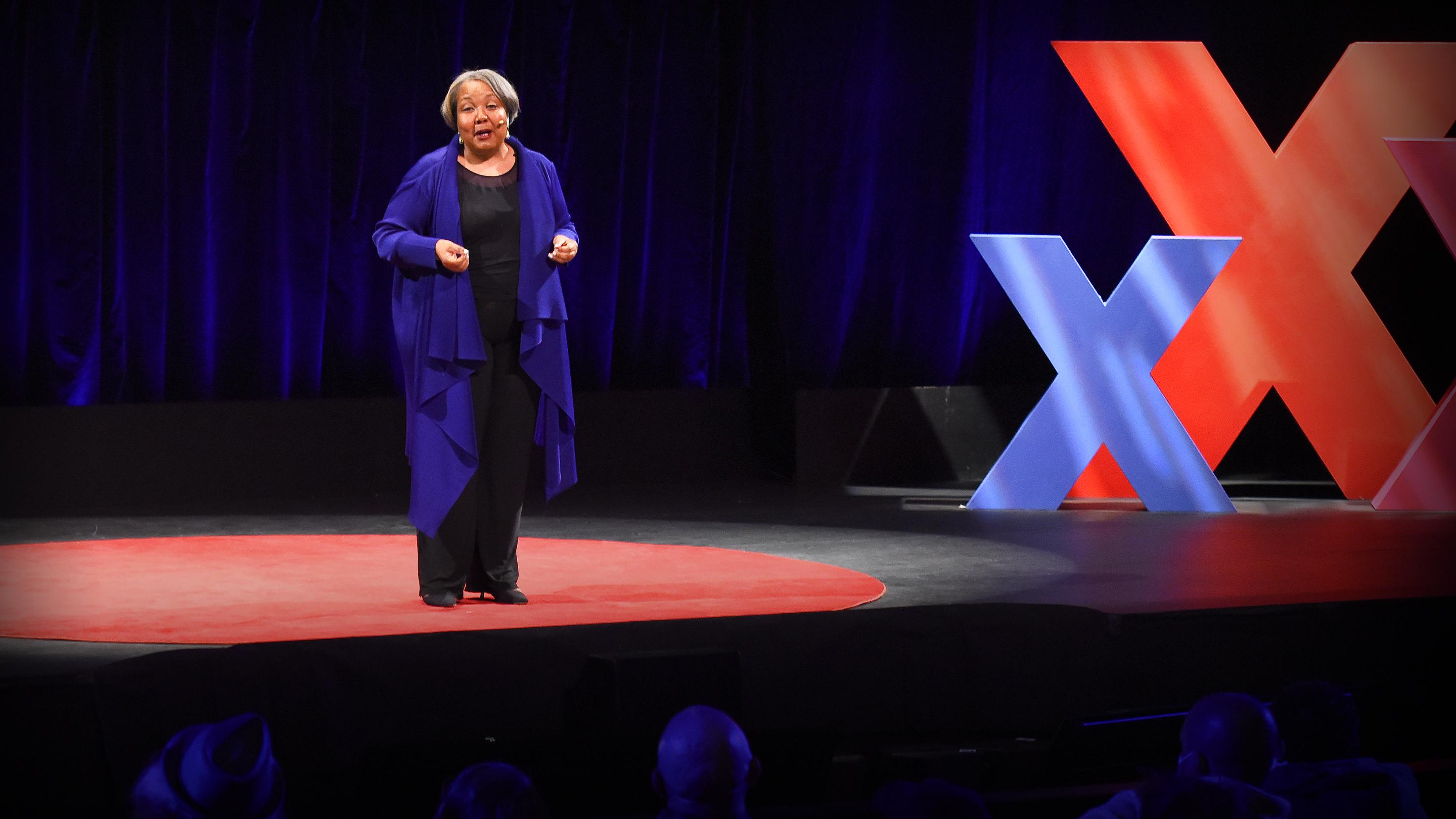





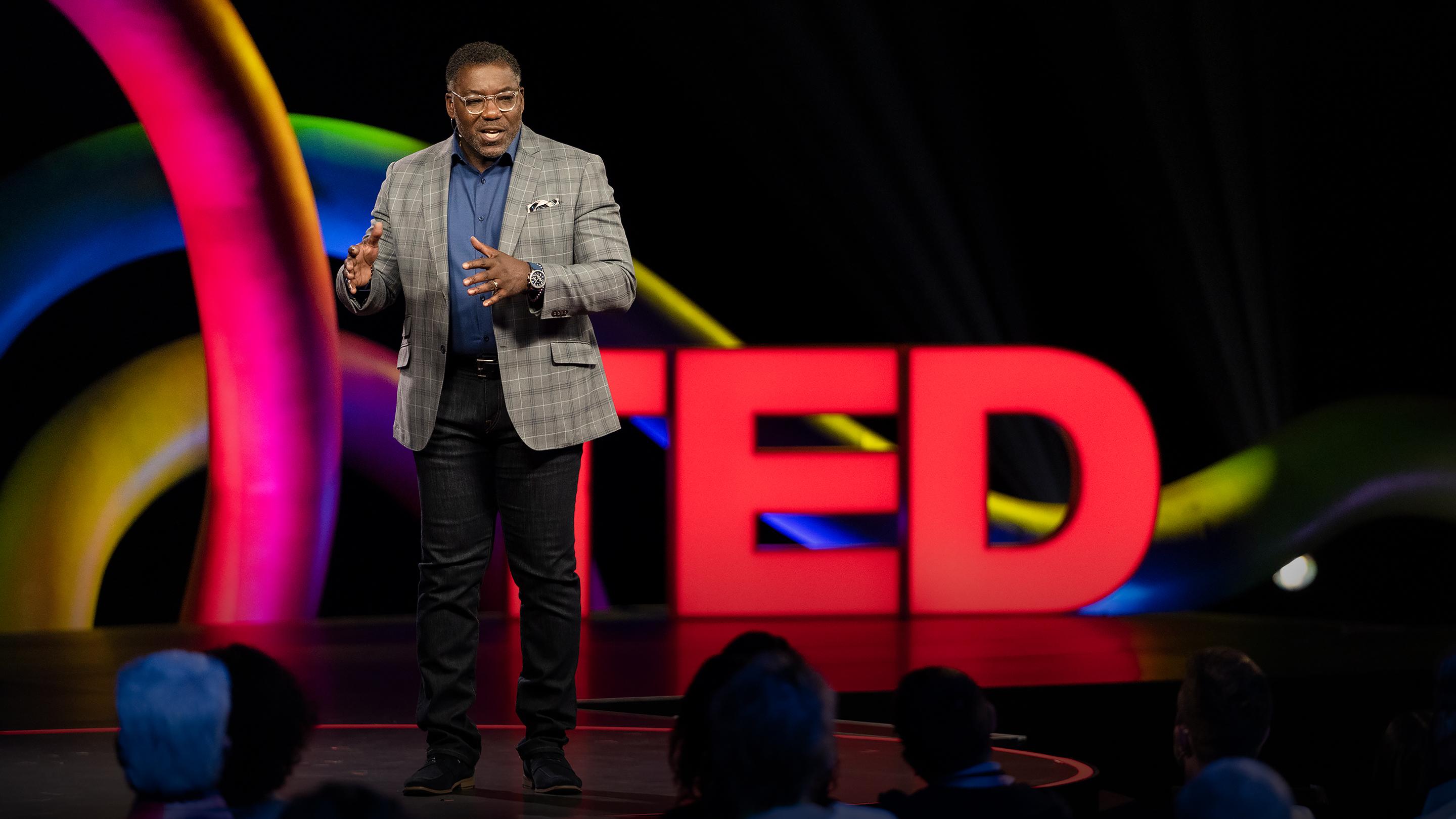



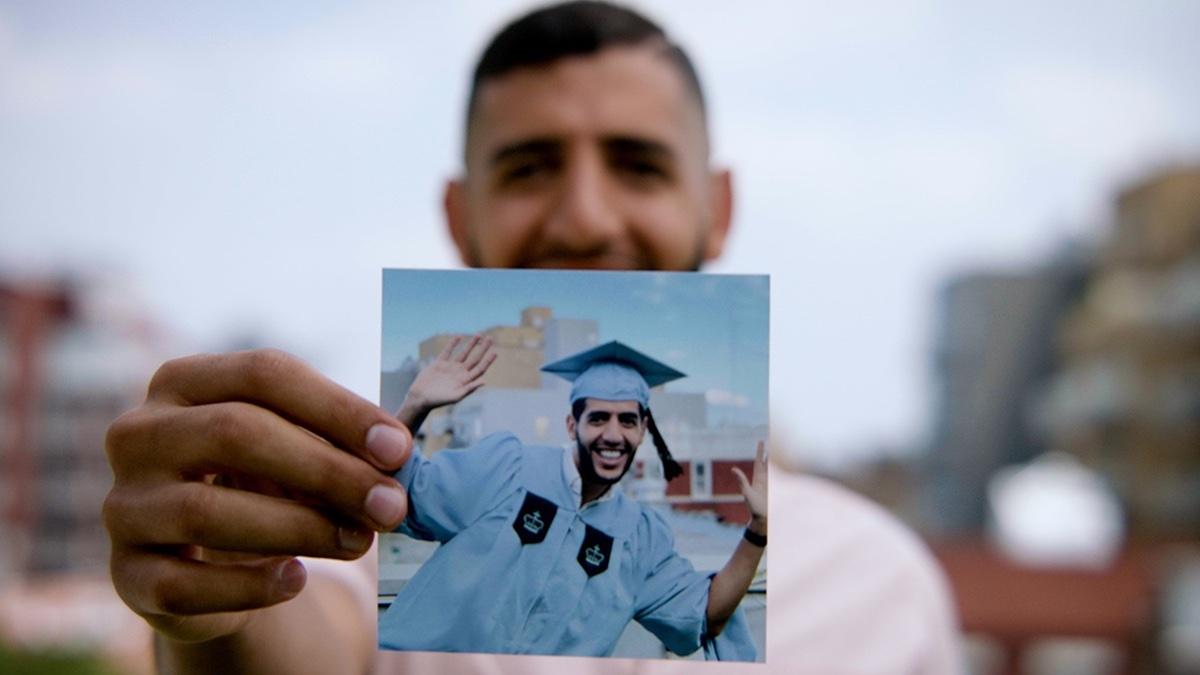



IAM glad to join this platform to learn about new things and this platform helped me a lot in learning English
An AI Photo Booth is a digital station that uses artificial intelligence to capture, edit, and personalize images in real time. It can detect faces, apply effects, remove backgrounds, and insert themed overlays instantly. Users simply pose and wait a few seconds for a transformed photo ready to share or print. This technology appeals at events, weddings, or retail venues. For more about its features and uses, visit https://www.klmultimedia.com/AI-Photo-Booth.html and discover how it automates creative photography at events with minimal effort.
fdd
As a student, you always try hard to score good grades in academics. However, achieving excellence in study and academic tasks is not easy for everyone. The complex topic and academic demands make the writing process more difficult for students. For any type of difficulty in the study and academic project, you can get Assignment help online in Australia from experts. Professional experts are highly trained and experienced in tackling complex projects or topics. They provide conceptual detail on the topic in a simple and effective manner. Their support allows students to acquire a better understanding of the topic and learn ways to tackle questions or subject problems efficiently. It helps you to perform well in exams and academic tasks. Getting professional assistance in a writing task, you can save time and effort to focus on other things. It helps you enhance learning and secure good grades. https://au.assignmenthelppro.com/
Education is the process of gaining knowledge, skills, and values that help individuals grow and contribute to society. It encourages critical thinking and opens paths to better opportunities. There’s a chance that upu pocket could be connected to tools or platforms that support learning in a more accessible or digital format. It might also offer features that help students manage their study materials or tasks more efficiently. https://upu-online.my/
Brilliant talk!
ALL>FUL>MOVIES>LINK👉https://co.fastmovies.org
Nice
سلام خیلی ممنونم این عالیه که اینارو اینجا تو این برنامه میتونیم داشته باشیم و گوش بدیم چون من خیلی دنبالشون گشتم و اینکه حتی فیلم هارو هم اینجا هست ولی فقط یه مشکلی هست که ای کاش میشد زیرنویس فارسی هم داشته باشه
That’s great! Geocaching could be helpful for the students as well as professionals. The organizers help the target group of people having an aim to let them know to utilize the advanced technology. https://flirtymania.plus/de/p/1319257
That's a nice title I was also looking for the same answer but couldn't find anything but I read a dissertation provided by this website https://writemydissertationforme.co.uk/ they have the best dissertation and I was very impressed by their work and looking forward to seeing more.
i love it
Across Europe and Central Asia, approximately one million children live in large residential institutions, usually known as orphanages. Most people imagine orphanages as a benign environment that care for children. Others know more about the living conditions there, but still think they're a necessary evil. After all, where else would we put all of those children who don't have any parents? 00:36 But 60 years of research has demonstrated that separating children from their families and placing them in large institutions seriously harms their health and development, and this is particularly true for young babies. As we know, babies are born without their full muscle development, and that includes the brain. During the first three years of life, the brain grows to its full size, with most of that growth taking place in the first six months. The brain develops in response to experience and to stimulation. Every time a young baby learns something new -- to focus its eyes, to mimic a movem
It is very important for me to be a versatile person. I want to be a teacher. This is what I'm good at. I also develop my writing skills. because I am also very interested in writing. Sometimes I double-check or edit my work in different services. I find them when I read different reviews. Get more information if you're interested https://www.topwritersreview.com/reviews/samedaypapers/ I have to improve my education all the time, and I know that for many it can be a daunting task. Therefore, students often use various services to write their works.
it's so hard. Unfortunately, learning is always hard. It's good that I can count on the dissertation proofreading service https://www.dissertation-service.org/dissertation-proofreading-services/ this helps me now to improve the quality of my work.
Important...with a 't'.
Dear Shabana, your words were really heart touching. We must accept that you are our hero. We salute your parents. Stay Blessed and Spread Education
This really reflects my ownself being not self cofidence about reading slowly . I truly admired someone writing but when other people said that they had finish reading books compare to me . I feel like being left behind . Thank your for your Ted Talk Jacqueline :).
while you provide people free language learning, which is a good idea, language teachers have to quit their job.
Always worth watching, you can't cap self-improvement.